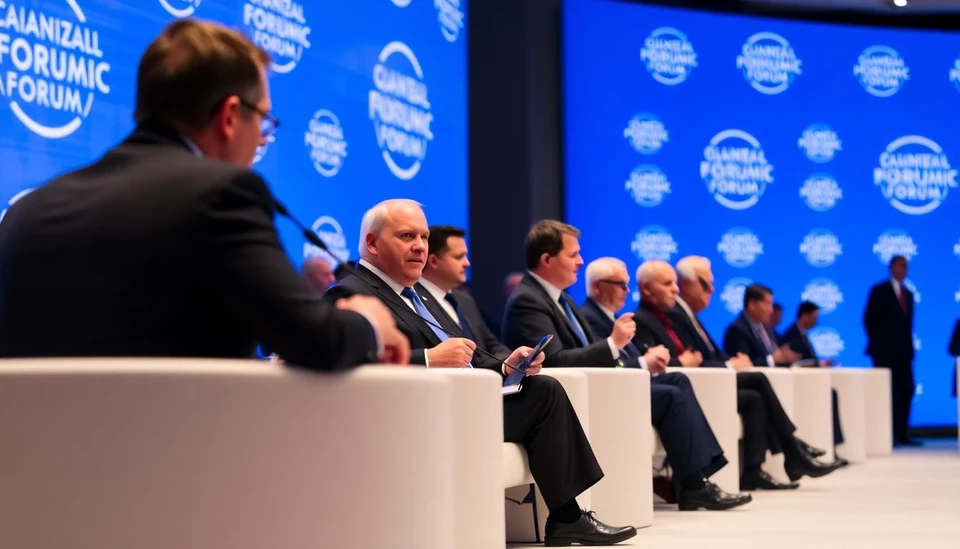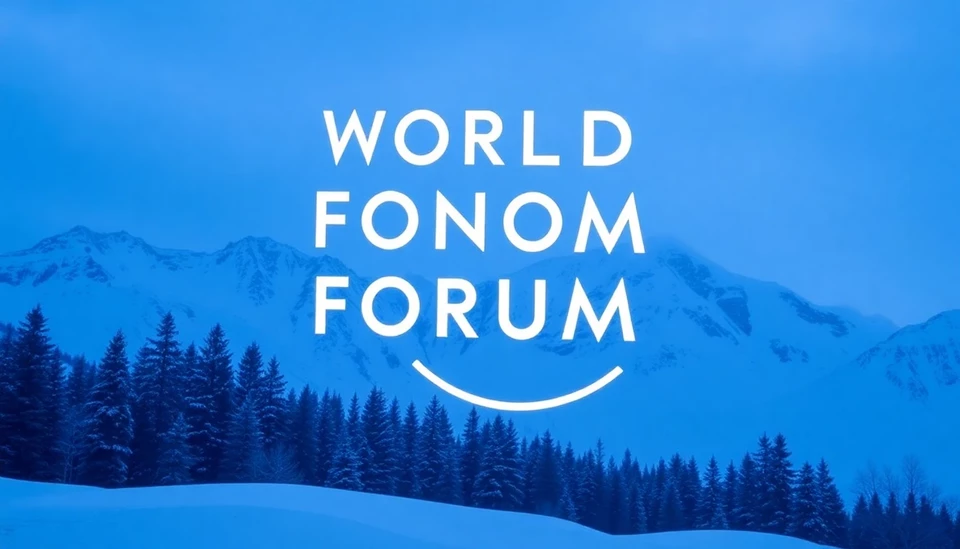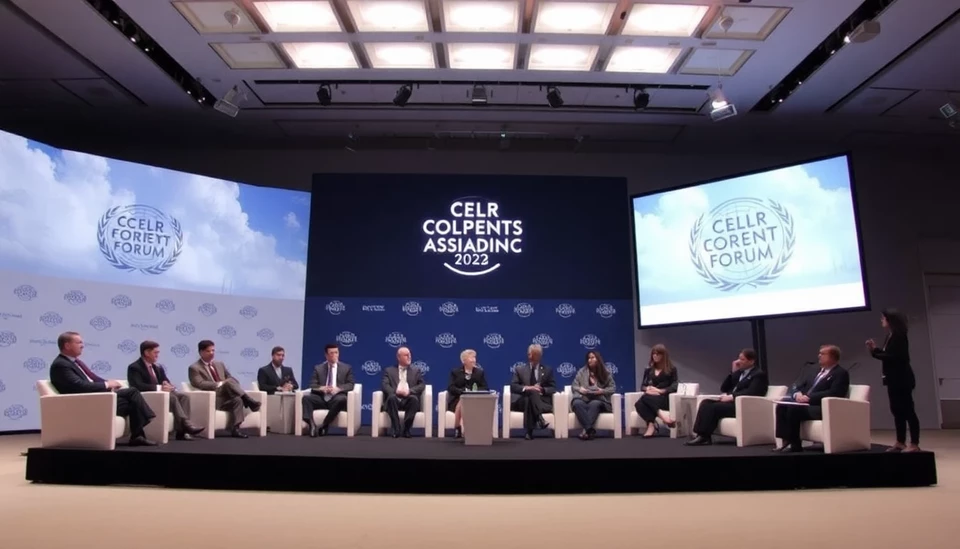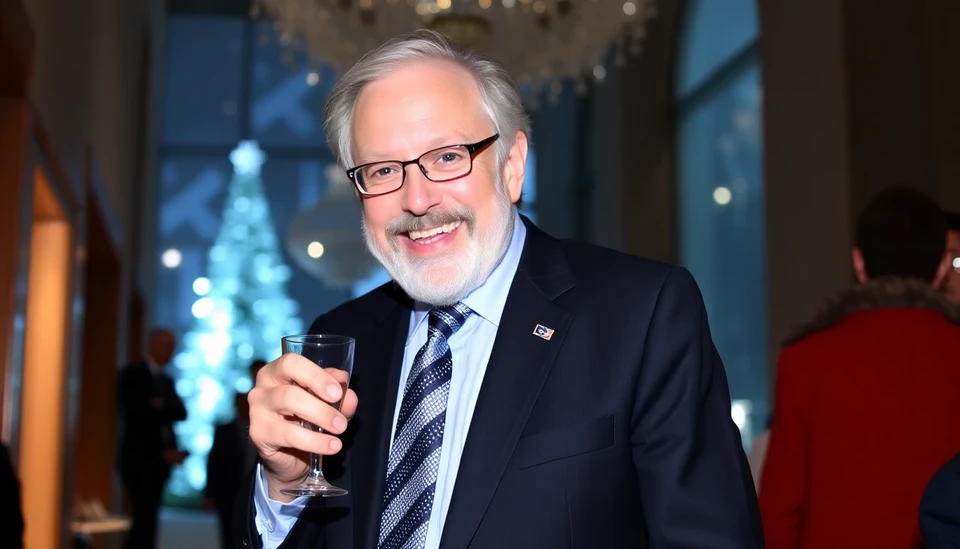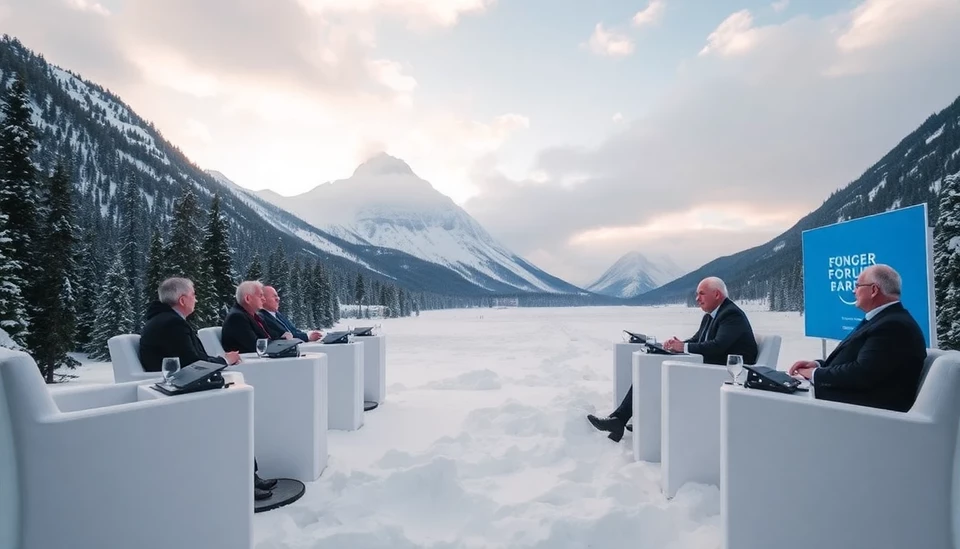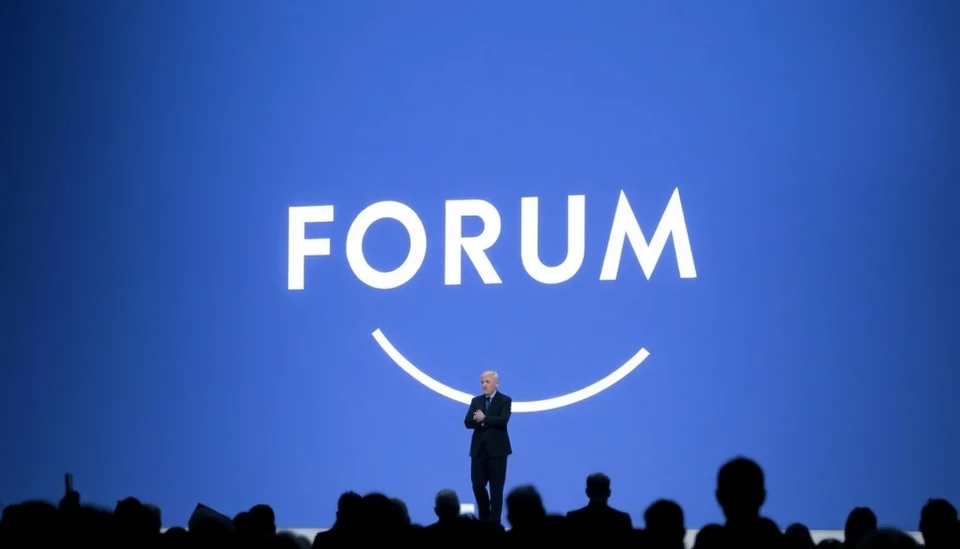
The World Economic Forum in Davos has once again turned its focus to inflation, a pressing issue that continues to haunt global economies as new political dynamics emerge, particularly with the rise of Trump-era policies. This year's gathering, colored by a blend of optimism and anxiety, has delegates dissecting the potential ripple effects of inflationary pressures on both developed and developing nations.
Central bankers and economic leaders at Davos are expressing heightened concerns regarding inflation, citing persistent disruptions due to the aftermath of the pandemic, as well as geopolitical tensions that are contributing to rising prices worldwide. Experts warn that inflation may not simply be a temporary phase but could represent a longer-term challenge that necessitates proactive strategies by policymakers.
Furthermore, the stark changes in political leadership in the United States have raised additional uncertainties around economic policy. With Trump looming large as a potential candidate for the upcoming presidential election, many think tanks and market analysts are closely monitoring how his return to political prominence could influence fiscal policies and inflation rates. His administration's prior focus on deregulation and tariffs, alongside aggressive tax policies, are likely to be discussed among economists at the forum.
Moreover, inflation's direct impact on consumers is palpable, and discussions have zeroed in on the burdens that higher living costs place on households globally. With fuel prices surging and essential goods becoming less affordable, populations seem to be bracing themselves for a more volatile economic future. This scenario poses a critical challenge for governments hoping to maintain social stability amidst rising dissatisfaction fueled by economic hardships.
While many global leaders advocate for collaborative efforts to ease inflationary pressures, the stark divisions in political ideologies complicate the situation. Some are urging for a renewed commitment to multilateral agreements that foster economic cooperation, while others remain skeptical and prioritize national interests over collective solutions. As the economic landscape becomes more polarized, the pathway to managing inflation becomes increasingly contentious.
In summary, the 2025 World Economic Forum in Davos has catalyzed a renewed focus on inflation as a defining issue in contemporary economics, especially with the specter of the Trump era looming again. The confluence of political, economic, and social factors creates a complex environment that requires innovative and context-sensitive policy responses aimed at mitigating the far-reaching effects of rising prices.
As experts continue to debate and propose solutions, the world watches closely, uncertain of what direction global economic policy may take in the near future. The implications of these discussions will undoubtedly resonate far beyond the Swiss Alps, impacting international markets and the daily lives of billions.
#Davos2025 #Inflation #EconomicForum #GlobalEconomics #TrumpEra #MonetaryPolicy #MarketAnalysis #CostOfLiving #PoliticalEconomy #WorldEconomicForum
Author: Rachel Greene
